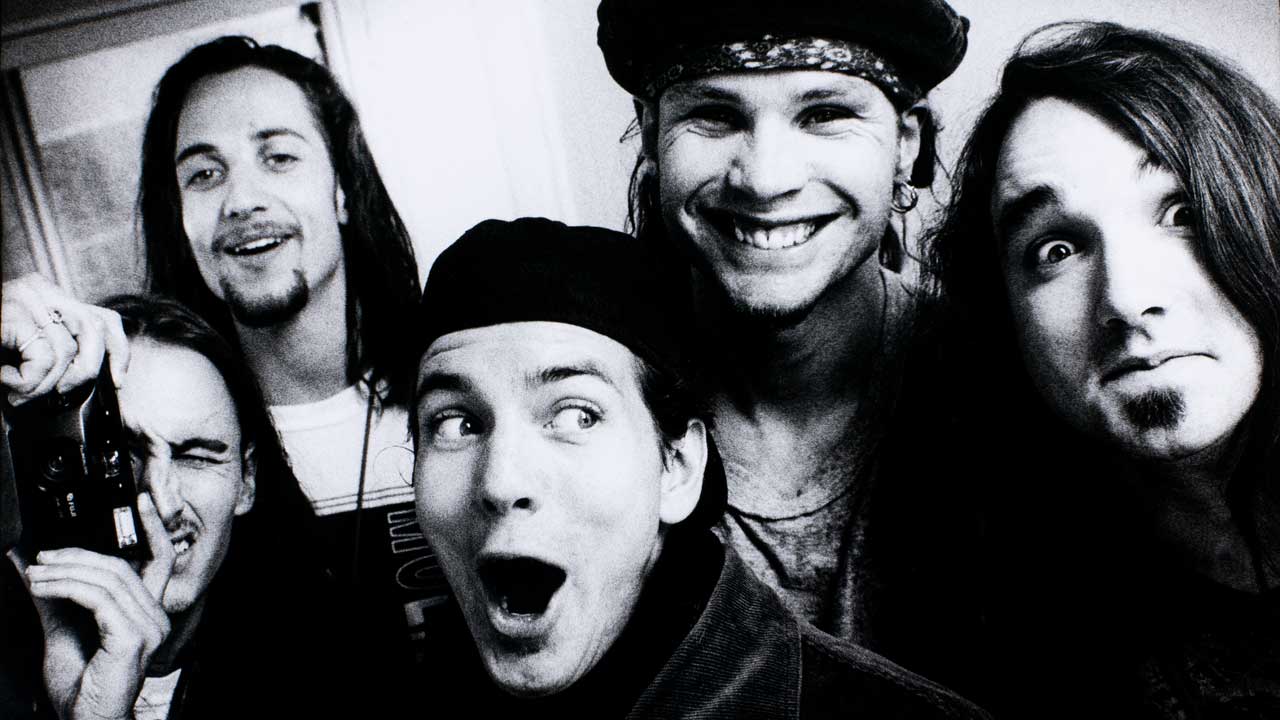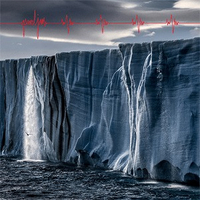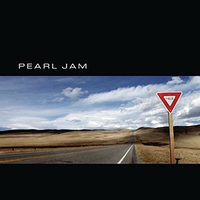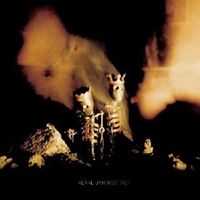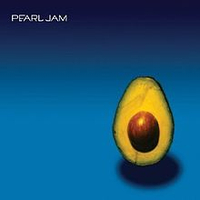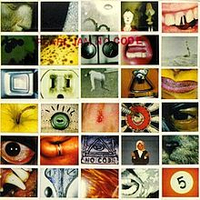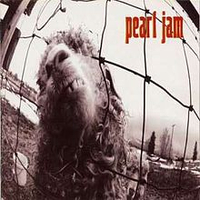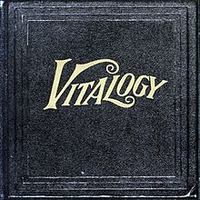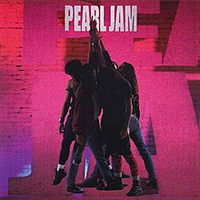It sometimes seems like Pearl Jam’s career has run in reverse. They broke huge with their 10-million-selling debut album Ten then spent the rest of their career running away from the fame it brought.
The speed and scale of that initial success meant Pearl Jam were treated with suspicion and disdain, not least by some of their peers in Seattle. They were knocked as classic rockers in grunge clothing or, worse, bandwagon jumpers – ironic, given guitarist Stone Gossard and bassist Jeff Ament had both been members of grunge founding fathers Green River, as well as glam-grunge peacocks Mother Love Bone, whose career was curtailed by the death of their singer Andrew Wood just as the world was taking notice.
Ironically, it was everything their detractors hated about Pearl Jam that made them successful. There was an intensity and emotion to breakout songs Alive and Jeremy that connected with the record-buying public, while singer Eddie Vedder was a charismatic presence whose rich voice was charged with heart-on-sleeve honesty.
That initial rush of success proved hard to handle, and they began pushing back against it almost immediately. By the late 90s, they had more or less recused themselves from the fame game, scaling down their albums in an attempt to retain control of their career and their sanity – a path they still follow today.
Today, Pearl Jam are the great survivors of Seattle’s Class Of ’91 (only Mudhoney have had a similarly unbroken career).
They still tour and release albums, albeit at a lower frequency in the case of the latter, though the mantle of ‘elder statesmen’ doesn’t really suit them – now, as then, they march to no beat other than their own.

